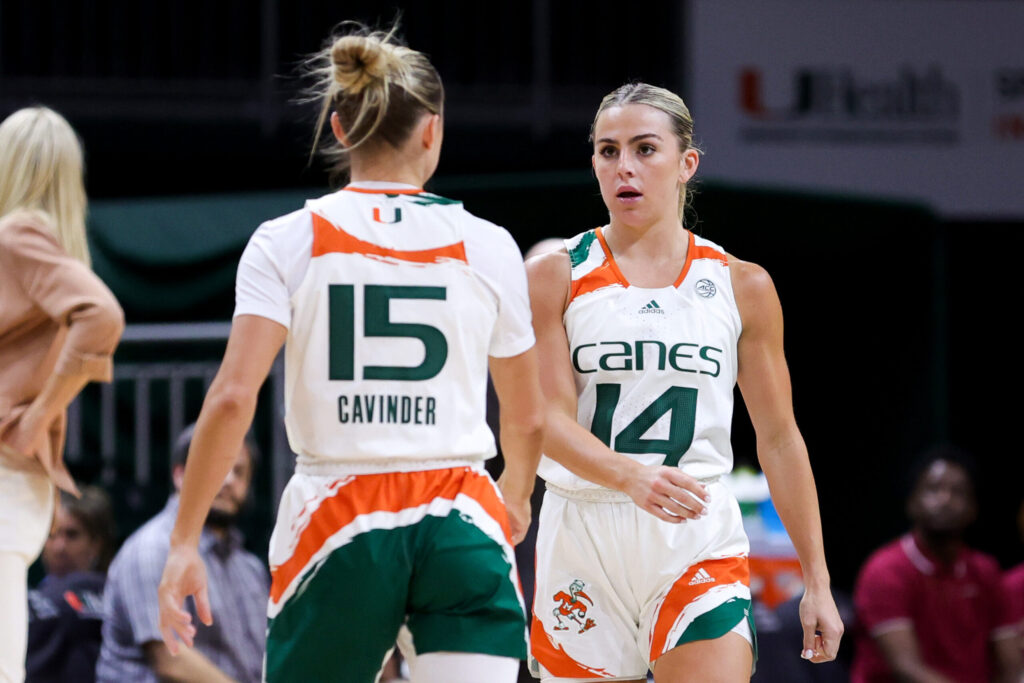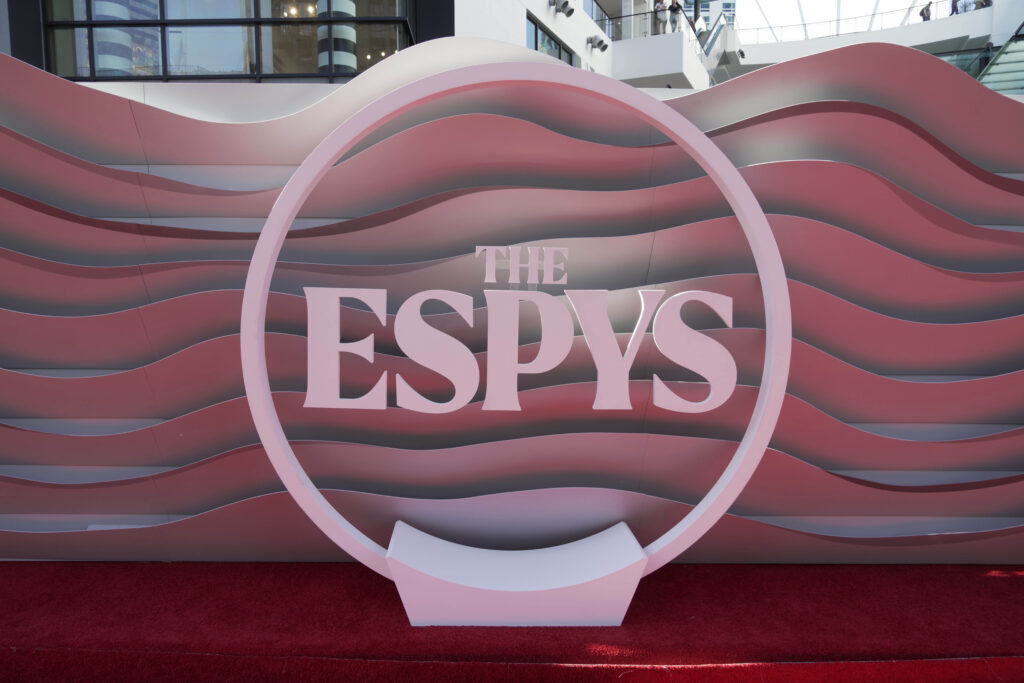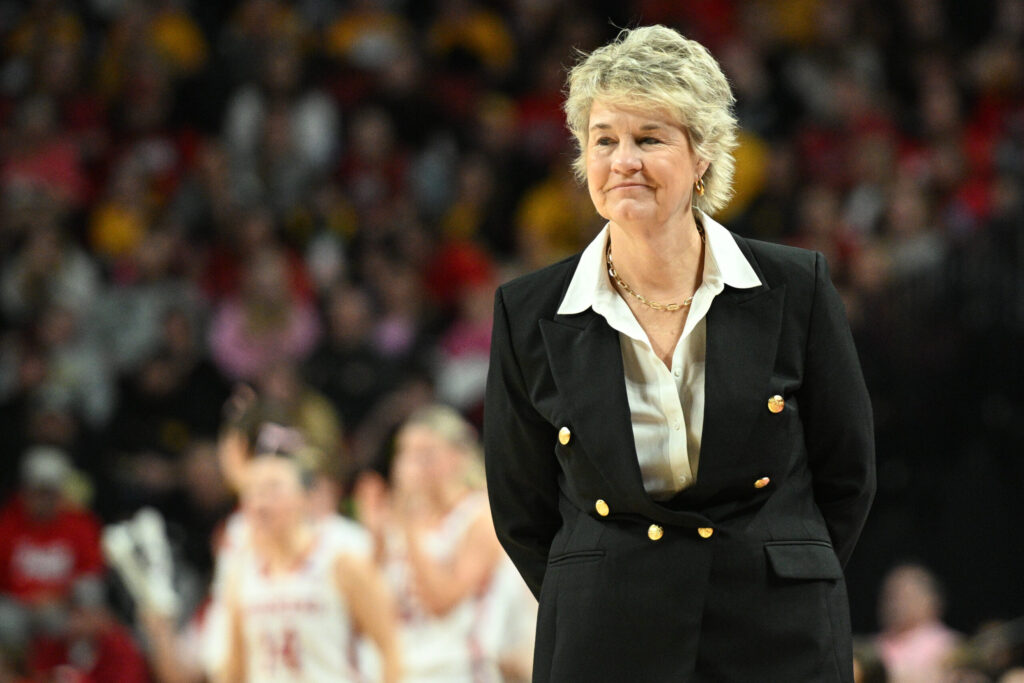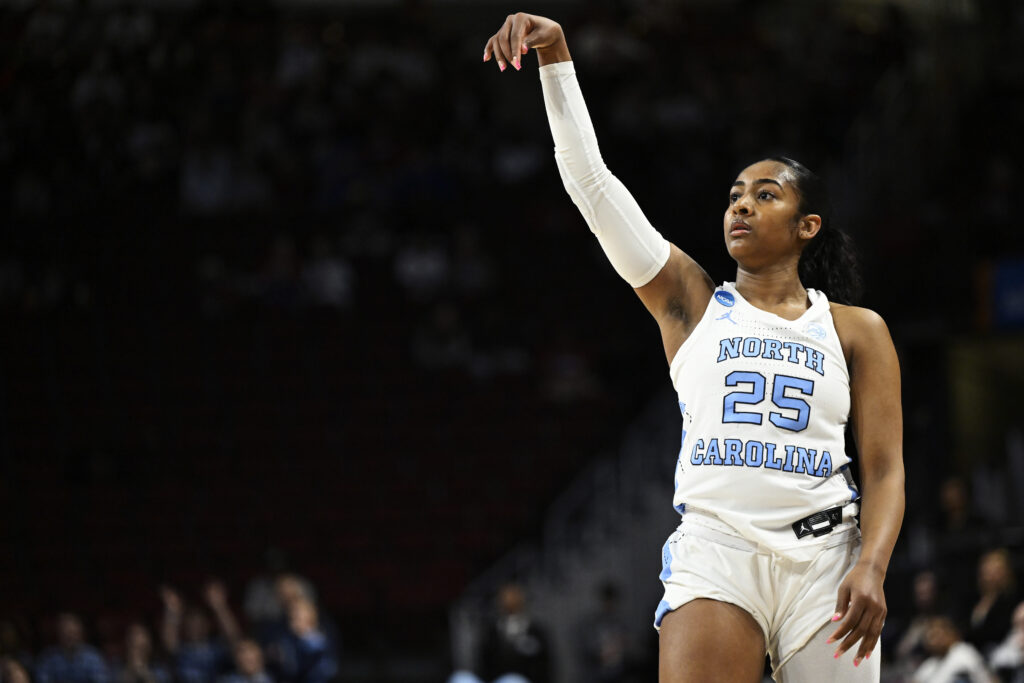The Cavinder twins are “disappointed and disgusted” with a recently published article about their NIL deals, Hanna Cavinder wrote in a statement posted to her Twitter account.
The publisher reached out to the former Miami basketball players under “a false pretense” and perpetuated “a blatant sexist trope” in the profile, Cavinder said.
Hanna and Haley Cavinder, who made their names known on social media and took full advantage of the NCAA’s name, image and likeness policy, agreed to an interview for an article that “would be written about life after NIL, why we didn’t take our fifth year, our passions, and business opportunities,” Hanna Cavinder wrote.
Both twins played at Miami in the 2022-23 season after transferring from Fresno State, helping the team to an Elite Eight run – which included an upset of No. 1 seed Indiana. Haley Cavinder started for the Hurricanes, averaging a team-leading 12.2 points per game.
After the season, they opted to forego their fifth year of eligibility to pursue their careers outside basketball. They have been exploring the possibility of joining WWE, but there is no timeline for a decision, The Athletic reported last week.
The Free Press, a Bari Weiss-led publication, pitched the profile to the Cavinders as “a very important story not only in the context of women’s college sports but new media culture and business,” Hanna Cavinder wrote.
Instead, the article — titled “The NCAA Has a ‘Hot Girl’ Problem” — describes the twins as “not really two separate human beings as much as a single, self-contained brand with 6.4 million followers across all platforms.”
https://t.co/JLPU6Swa9i pic.twitter.com/WtOp5fYuNx
— Hanna Cavinder (@CavinderHanna) June 13, 2023
“Thing is, the athletes now profiting are not necessarily the ones with the most athletic prowess,” the article continues. “Or at least that’s the case when it comes to female athletes.”
The Cavinders took issue with the profile for its reductive presentation.
“The subsequent article not only demeaned our athletic and business accomplishments it furthered the narrative that hard working, creative and driven women can only do well if they are deemed attractive,” Hanna Cavinder wrote. “The piece disregards our work ethic and dedication towards NIL and business endeavors.
“Instead, he degrades us down to ‘hot girl(s).’ … We are both disappointed and disgusted by this journalism practice and blatant sexist trope. We only wish to inspire young woman to chase their dreams, work hard, think big. Now we must also defend them against men that wish to sum their potential to physical appearance.”




